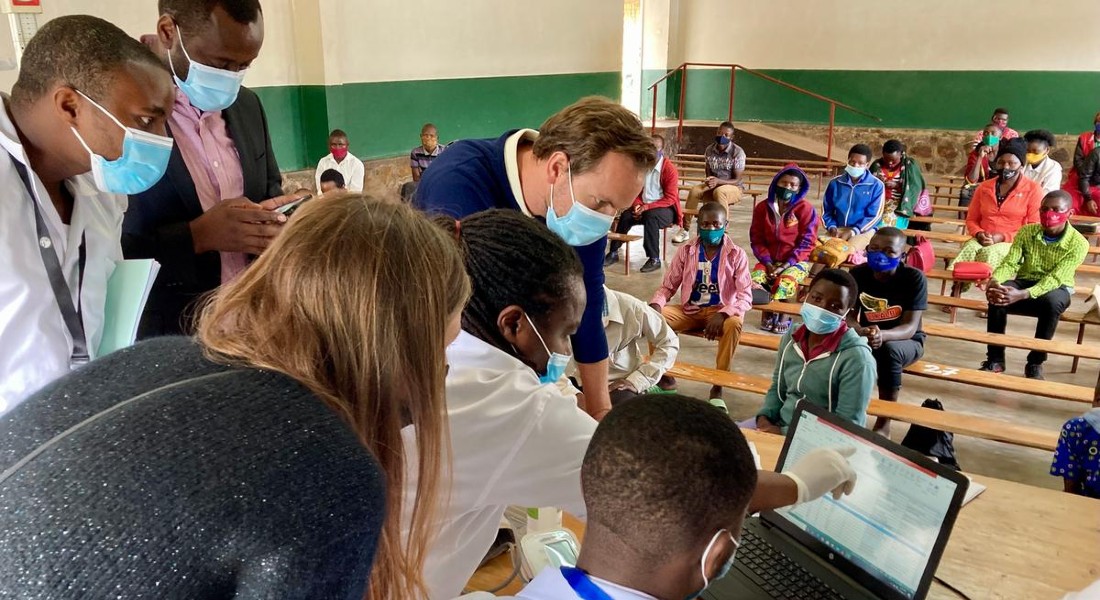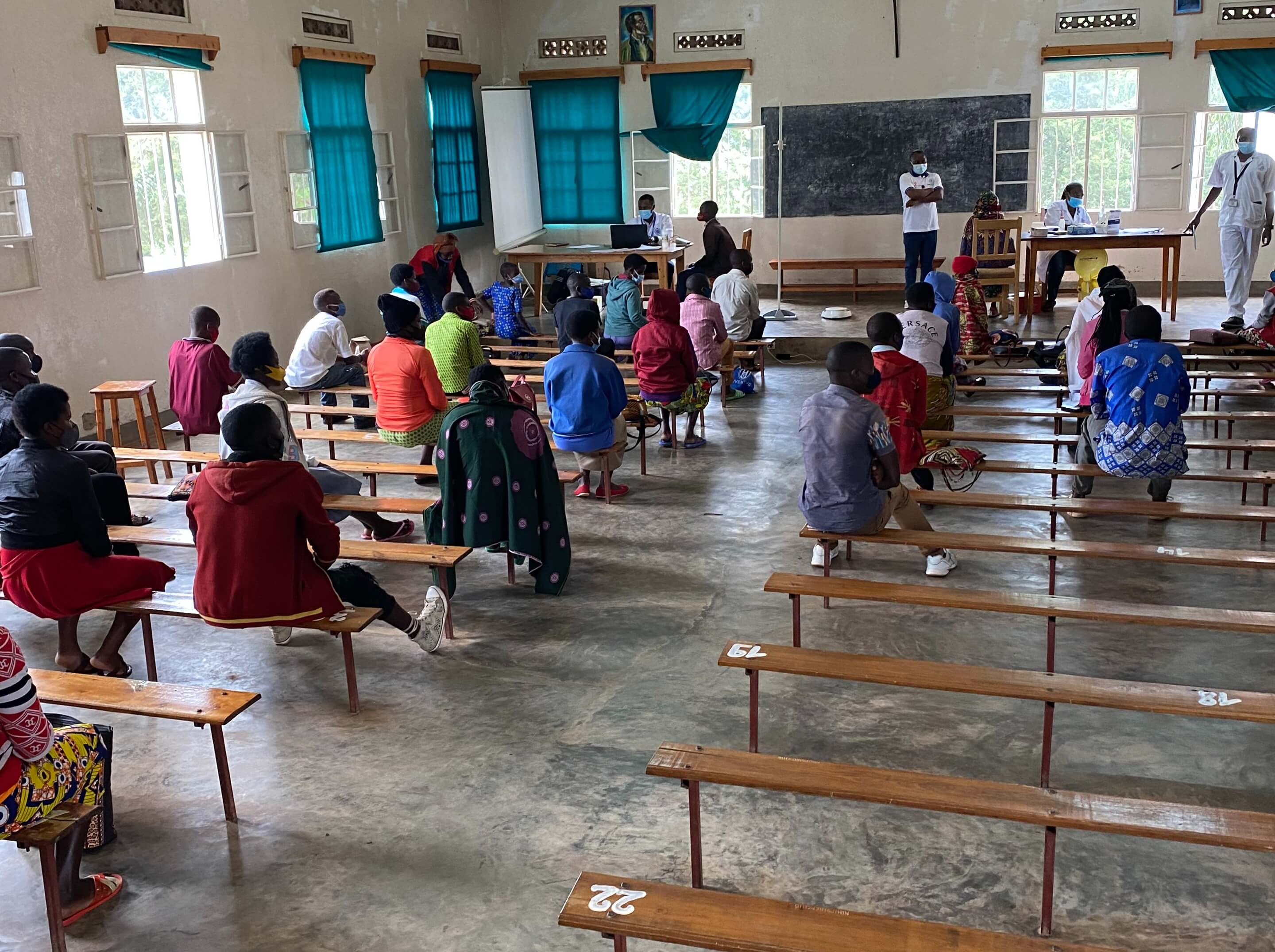The risk of developing kidney disease among type 1 diabetes patients in Rwanda
A new study from the University of Copenhagen, Rwanda Diabetes Association and the World Diabetes Foundation gives a rare look into people living with type 1 diabetes and the subsequent risk of developing kidney disease. It seems as if diabetes-related complications occur more often and progresses at a faster speed than in European countries.

It is only within the previous 10-15 years that is has been possible to document that type 1 diabetes is also prevalent in sub-Saharan Africa. Even though the prevalence of type 1 diabetes is substantially lower compared to the European countries (3.5 per 10,000 in SSA vs. 12.2 per 10,000 in Europe), it seems as if diabetes-related complications occurs more often and progresses at a faster speed.
The University of Copenhagen, Rwanda Diabetes Association and the World Diabetes Foundation have been working together on increasing the knowledge of the autoimmune disease, type 1 diabetes, in Rwanda in order to improve quality of care and clinical outcomes for the patients.
The research was based on data from 471 young people with type 1 diabetes from Rwanda followed during the period between 2009 and 2018. The study gave a rare insight into the association between variability of long-term blood sugar (glycated haemoglobin, i.e. HbA1c) and the development of kidney complications (nephropathy) in people with type 1 diabetes in sub-Saharan Africa.
It was evident from the study that extremely high prevalence of kidney complications exists, as 40% of the study participants already had nephropathy at the first time of examination for kidney complication. Furthermore, 25% developed nephropathy during a 2-year follow-up period from first kidney complication assessment. In comparison, a study of Danish type 1 diabetes patients has shown that 13% developed kidney complications over a 6-year period.
A well-controlled blood glucose level is essential to avoid the development of comorbidities of diabetes, such as kidney disease. Long-term blood sugar levels is measured by HbA1c, which shows the amount of glucose in the red blood cells over a period of 3 months, reflecting the average lifespan of a red blood cell. The study showed that a high average HbA1c levels, rather than fluctuating HbA1c levels, best explained the development of kidney disease. The results indicate that continuously high HbA1c tends to be a risk factor for compromised kidney function, which is why the blood sugar control of people with type 1 diabetes needs to be improved and maintained at consistently low levels in order to prevent or slow the progression of complications.

People living with type 1 diabetes receives diabetes education by Rwanda Diabetes Association after a consultation at a district hospital. Picture by Nathalie Bille.
Moreover, working with the data on people having type 1 diabetes from Rwanda it was made clear that more quality data are needed, and that these people need to be followed, monitored, and managed more systematically and consistently in order to improve care and avoid the development of complications.
Based on these insights, the collaboration has been extended into a PhD project with the purpose of developing an electronic medical record (EMR) system to improve type 1 diabetes management. Furthermore, the objective is to evaluate the effect of the EMR-system on quality of care indicators and clinical outcomes for people with type 1 diabetes in Rwanda. The PhD project is based on specific needs identified during the HbA1c and kidney disease study. The idea is that the EMR system has the potential to send SMS-reminders to people having type 1 diabetes about appointments.
The EMR system will alert and provide health care professionals with feedback on their care and notify when the blood sugar level is out of control as well as when it is time for complications assessment for people with type 1 diabetes. Implementation of the EMR system is expected to increase clinic attendance, follow-up and monitoring of people having type 1 diabetes resulting in improved blood-sugar control and timely complication assessment. Consequently, reduction and progression of complications such as kidney disease is expected.
World Diabetes Foundation:
WDF was founded in 2002 as an independent foundation by Novo Nordisk A/S, and funds global diabetes prevention and care projects in low and middle income countries. The aim of the foundation is to alleviate human suffering related to diabetes among those in greatest need through sustainable, scalable, approaches that help low- and middle income countries meet global goals for improved care of diabetes and other non-communicable disease. WDF has provided support for more than 570 diabetes projects globally.
